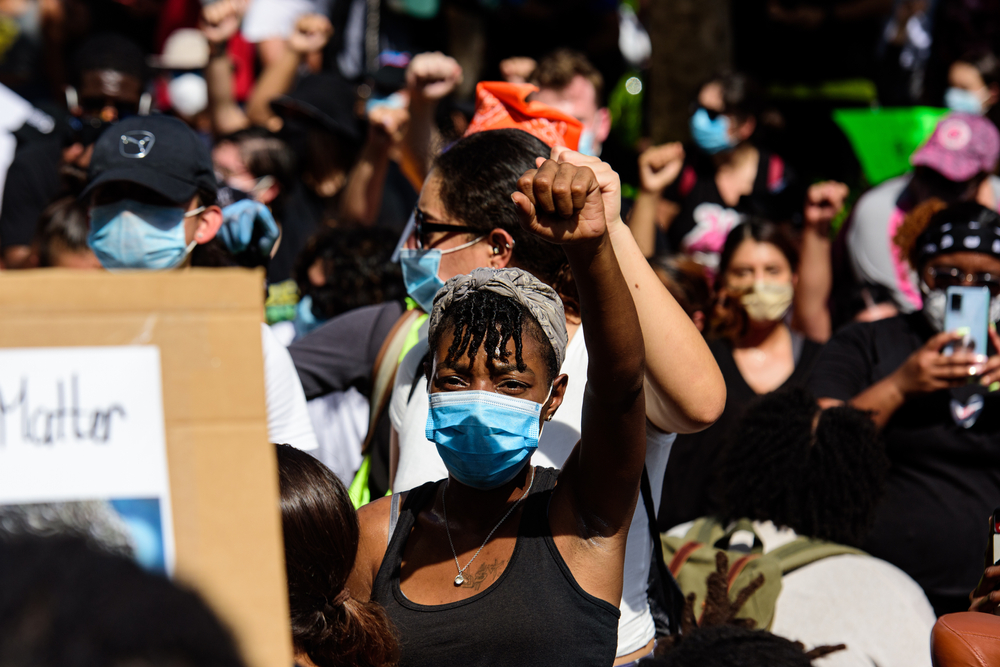By the Overdose Prevention Program Team, Vital Strategies
We join the millions of people in the streets around the world expressing outrage at the systemic police violence against Black people and the structural racism in our society. We share the rage and grief at the killing of George Floyd, Breonna Taylor, and Tony McDade, and the continued legacy of police violence against Black people in the United States.
In November 2018, Vital Strategies started an overdose prevention initiative with the goal of reducing the epidemic claiming tens of thousands of lives each year. We recognize how drugs and drug use have been weaponized to further criminalize communities of color in this country, to justify police violence against Black people. In the early stages of the investigation into George Floyd’s death in Minneapolis, authorities framed him as a person who was using drugs. In Louisville, Kentucky, Breonna Taylor was killed in her sleep by police breaking into her home on a misinformed drug trafficking investigation.
We know that US drug policies are built on racism and social control. There is a now infamous quote from John Ehrlichman, domestic policy chief to President Nixon, explaining that the “war on drugs” was labeled and launched as a justification for targeting Black people and the anti-war movement. Next year, 2021, marks fifty years since this destructive political tool was first wielded. Incarceration has exploded under harsh drug-related laws and policing, jailing Black and Latinx people at far higher rates, despite the fact that drug use and sales are similar across racial and ethnic lines.
Today, one in five prisoners on this planet are held in the US, where we have the highest incarceration rate in the world.
Under the guise of drug prevention and control, the deep reach of policing and punishment into social policies has been justified by a racist agenda. Today we suffer from an overdose crisis in the United States because our response to drug use has been shaped by this dynamic of structural racism. Policies related to drug use rely on moralism and criminalization; they do not uphold health and wellness. These policies are designed to incite fear, and to marginalize, disenfranchise, control, and exclude people who use drugs. Drug use is punished with arrest and incarceration, the taking of children from their parents, eviction from public housing, denial of food stamps, and more. Drug treatment is mandated under threat of punishment.
We are inspired by the #BlackLivesMatter movement and protests sweeping the country. Calls to defund the police have brought attention to the critical need to shift resources to communities who have been targeted and devastated by criminalization and racism. We support the movement for decarceration and the decriminalization of people who use drugs. However, to end overdose for everyone, we know it won’t be enough to simply decriminalize drug use and invest in a health response. We must address the anti-Blackness at its core.
Racism has shaped the US policy landscape that fueled the overdose epidemic we are currently experiencing, just as it is revealing its influence in high COVID-19 mortality rates among Black Americans. The pandemic is showing us once again the impact of racism on the health of the US population. To undo harm, a public health response to drug use must engender racial equity at its core. To reduce death and disease, our public health system must do the same. If we have learned anything from the strength and scale of the demonstrations over these past three weeks, it is that there is power in naming anti-Blackness, and that when the veil is pulled back for all to see we grow our imperative to change. The momentum generating from the protests could lead us to finally begin that most important work of all, for our own survival.
